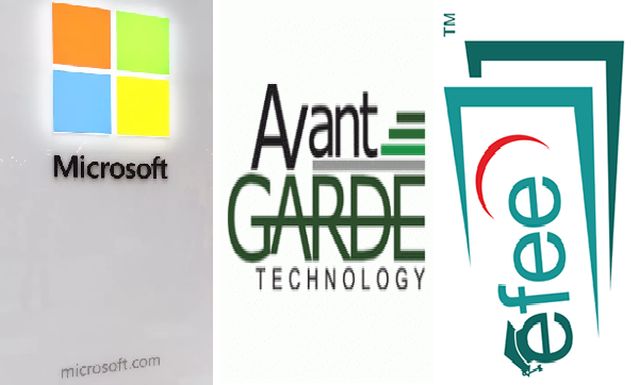
Three IT giants innovate to save Kashmir education
 New Delhi : Three IT majors – Microsoft, Tech Avant-Garde and Efee Online – have come together to help Kashmiri students to make up for their academic losses due to frequent shutdowns and curfews in the insurgency-ravaged state.
New Delhi : Three IT majors – Microsoft, Tech Avant-Garde and Efee Online – have come together to help Kashmiri students to make up for their academic losses due to frequent shutdowns and curfews in the insurgency-ravaged state.
The three firms have partnered with the Private Schools Association of Kashmir (PSAK) in starting an online education system in Jammu and Kashmir.
“PSAK is partnering with ‘Tech Avant-Garde, Microsoft and Efee online companies to bring Information Technology (IT) which is going to permit solutions to the education system especially during the frequent closure of education institutes of Kashmir,” PSAK head G.N. Var said in a statement.
Microsoft’s Aspire School Program Suite (MASP Pro) will be used to equip schools with innovative learning solutions and technology. This programme combines the benefits of Microsoft’s technology and e-payment solutions from Efee Online to empower teachers and students to be future-ready.
“This is an integrated learning online system in which a student will be given a software, ‘Lycee’ worth Rs 25,000 free with MASP Pro,” said Ali Sait, CEO, Tech Avant-Garde.
“The teachers will be given a device by which they will remain connected with the students especially during the closure of internet and education institutes.”
He said the service was started in the Kashmir Valley first because “we want Kashmir to become a headquarters of the system” that will transform the education in India.
The PSAK has urged the government not to snap the internet services and appealed for special internet service for the education system.
Var said restrictions, curfews, violent situations had become part of day to day life in the valley.
“We are unable to provide quality education to students as our schools get shut even at a small pretext. At times, we cannot even operate buses due to fear of violence. We are living in a conflict zone that we cannot help. But what we are trying to do is to isolate the education sector in a way that it remains largely unaffected.”
—IANS
